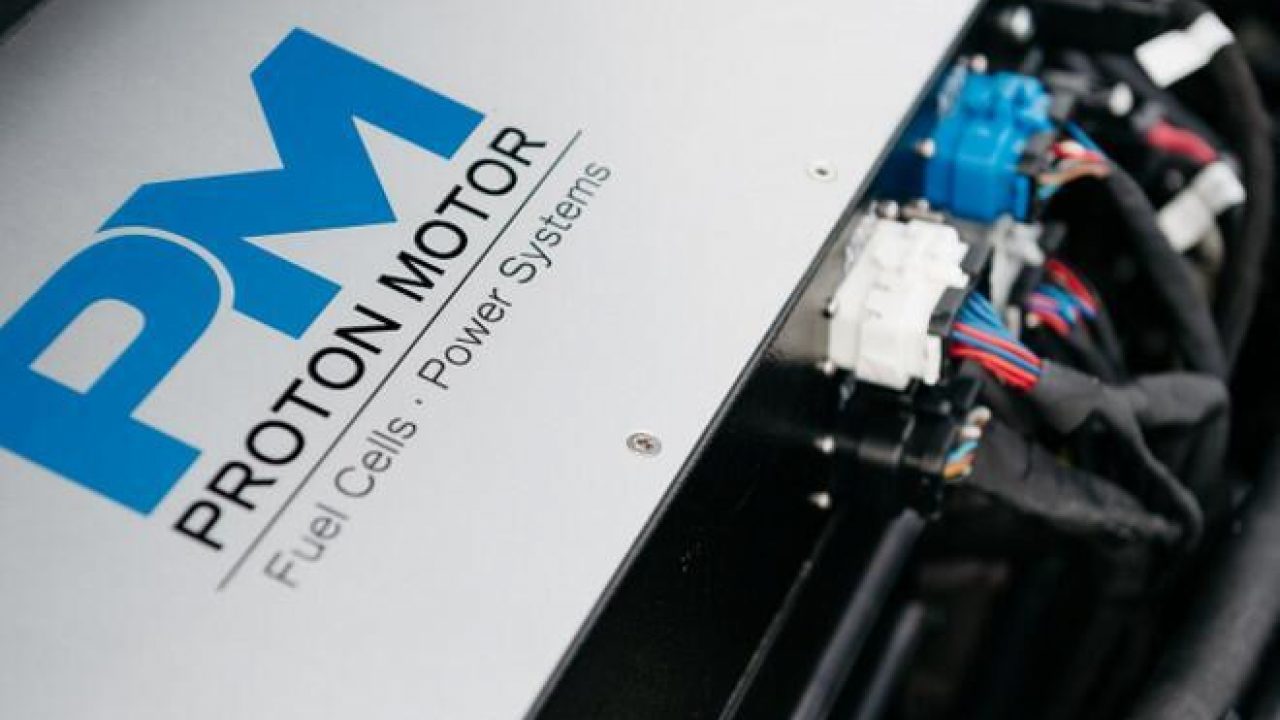Why hydrogen fuel cells make a difference in EV engines
Article By : Proton Motor

The key difference between the FC REEV and a regular hybrid car is an important one—hydrogen.
Eco-friendly cars are a hot topic in the motoring world, allowing motorists the freedom and efficiency that a car brings, without damaging the environment. Despite this, the amount of eco-friendly cars on the roads is low in many countries across Europe, except Norway—a country that has wholeheartedly bought into the electric car.
One misplaced concern that many motorists have is that eco-friendly cars do not boast the same power as fossil fuel powered vehicles. This is a fairly baseless claim. Many naysayers will claim that eco-friendly cars don’t have the speed or the energy efficiency to ever be a realistic option for many motorists. This is simply not true. The technology to make environmentally friendly vehicles that can keep up the pace with their oil-burning counterparts exists.
In May, for example, fuel cell manufacturer Proton Motor custom-built a hydrogen fuel cell system, called HyRange, for a range-extended electric vehicle (FC REEV). Rather than a traditional hybrid, which combines petrol or diesel with electric power, the FC REEV car combines electric and hydrogen power to make a zero emissions hybrid.
![[EETA EV 01]](/wp-content/uploads/sites/2/2020/04/EETA_EV_01.jpg)
__Figure 1:__ *A custom-built HyRange hydrogen fuel cell system sits in a fuel-cell range-extended electric vehicle (FC REEV). (Source: Proton Motor)*
The typical appeal of a hybrid car is that it allows drivers to use the eco-friendlier electric option while driving slowly—while they are in a city for example—and petrol or diesel for when they need to go quicker. This model was retained in the FC REEV, but replaced petrol and diesel fuel with hydrogen. Therefore, this allows for the same engine model, but without the need for environmentally unsafe fossil fuels.
A side benefit of the HyRange fuel cell system is how it sounds; it’s much, much quieter than its combustion engine counterpart. So, not only does the FC REEV cut down on air pollution, it could potentially have a positive impact on noise pollution too. Imagine if every vehicle on earth was powered in this way; the impact of noise pollution created by large roads would be severely cut.
It’s not just environmentally friendly either; it’s quick and efficient too. The vehicle can travel for distances of up to 500 kilometres without having to refuel, and has a top speed of 130 kilometres per hour.
The key difference between the FC REEV and a regular hybrid car is an important one; hydrogen. It’s easier to power a car with hydrogen than you might think, and makes use of technology that already exists. And the best part? It’s 100% eco-friendly. It’s not some futuristic solution that’s yet to come to fruition; it’s actually being used in vehicles today.
Vehicles that are powered by hydrogen fuel cell systems are 100% emission free, which is more than can be said for classic hybrids. Hydrogen fuel cells are the best way to guarantee power and fuel efficiency, with very little impact on the environment.
Subscribe to Newsletter
Test Qr code text s ss


